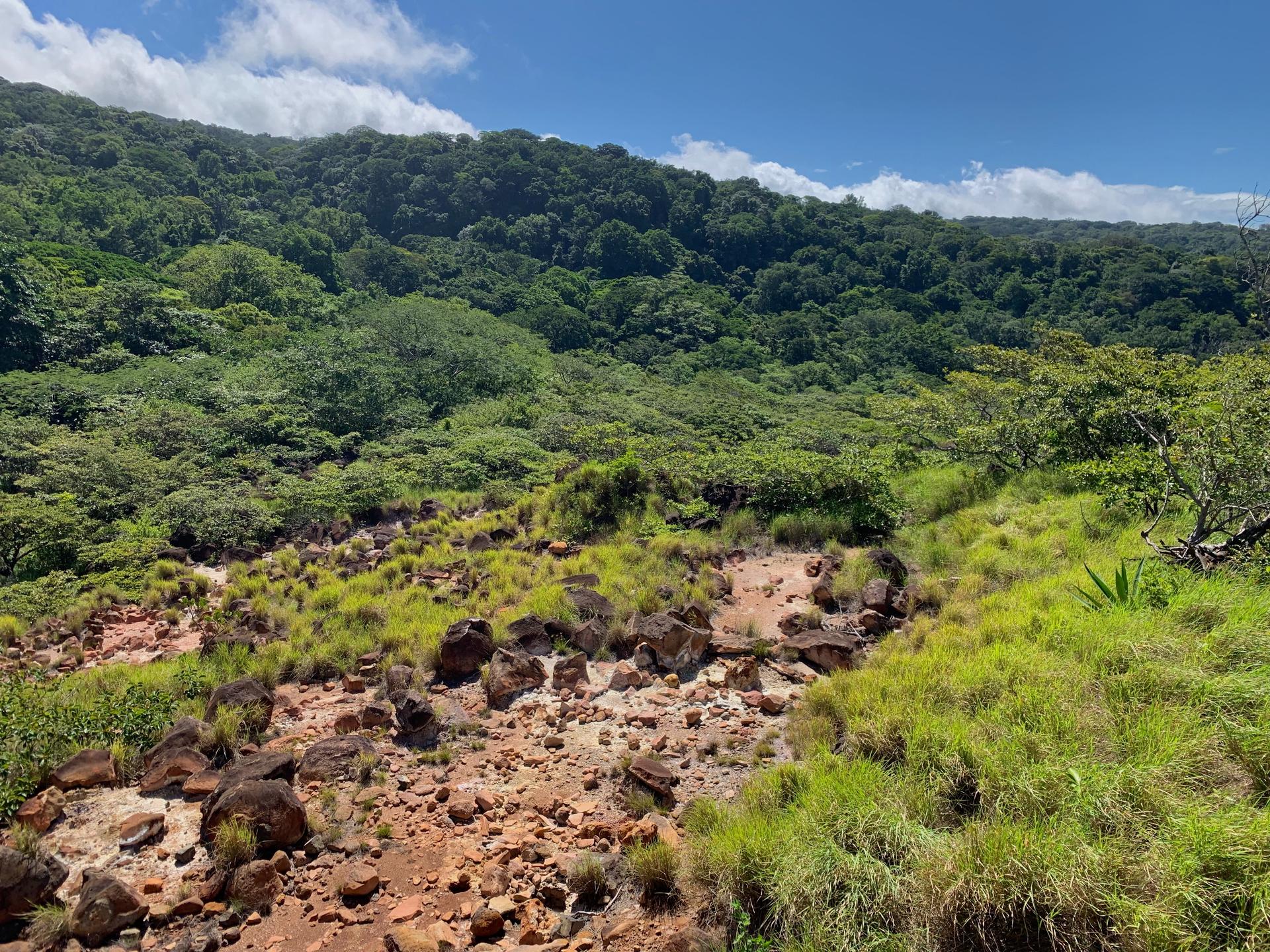Liberia🇱🇷

Located on the West African coast, Liberia is known for its historical ties to the United States, being founded by free people of color and formerly enslaved black people from the U.S. Liberia shares borders with Sierra Leone, Guinea, and Côte d'Ivoire. Its relationships with neighbor countries are generally stable, albeit affected by shared concerns such as regional instability and economic challenges. Known for its dense forested areas and expansive coastlines, Liberia is home to Sapo National Park and the stunning Kpatawee Waterfall. A trip to Monrovia Provinces offers glimpses into Liberia’s history through landmarks such as Providence Island and the local markets. Travelers visiting Liberia should not miss tasting the local cuisine that involves a lot of rice and liberally use locally grown ingredients like cassava, plantains, and yams.
⚠️Things you should avoid⚠️
- Avoid going out late at night, especially in poorly lit or deserted areas.
- Avoid swimming in fresh water bodies due to the risk of schistosomiasis.
- Avoid direct discussions of sensitive topics like sexuality and politics.
- Avoid dark alleys and isolated locations, especially when traveling alone.
- Avoid engaging with local wildlife without professional guidance.
- Avoid drinking tap water, always opt for bottled or purified water.
- Avoid public transport if possible and instead hire reliable private transportation.
- Avoid conflict-prone areas, especially during protests or political gatherings.
- Avoid poorly cooked food, especially street food, to reduce the risk of foodborne illnesses.
- Avoid displaying wealth or carrying valuable belongings openly.
Overall
5
Crime 🔫
5
Liberia has moderate levels of crime. Petty theft and armed robbery are common, especially in Monrovia. Burglaries and car theft also occur. Law enforcement is often limited outside of the capital, Monrovia, due to resource constraints.
Terrorism 💣
9
Terrorist threats in Liberia are low. There have been no significant occurrences of terror attacks in Liberia in recent years. The country has general stability after the end of the civil war in 2003; however, potential instability in neighboring countries deserves attention.
War ⚔️
8
Liberia's civil war ended in 2003, and there have been no significant incidents relating to wars since. The peacekeeping forces departed from the country in June 2016, leaving security responsibility solely to the Liberian authorities. However, the socio-political climate can be unpredictable.
Natural Disasters 🌊
6
Liberia is susceptible to natural disasters such as heavy rainfall leading to floods, especially in the rainy season from May to October. Liberia experienced massive floods in 2016, which caused widespread damage. Furthermore, it exists on the West African coastline making it vulnerable to Atlantic cyclones.
Medical Care 🏥
4
Medical facilities and services in Liberia are extremely limited. Few medical professionals have adequate training to deal with complex medical situations. Emergency services are often unreliable and major conditions may require evacuation to another country.
Tap Water Quality 💧
3
The quality of tap water in Liberia is poor. Contamination of water sources often occurs due to inadequate sanitation facilities. It is advised to always drink bottled or boiled water.
Disease Burden 🤒
2
Liberia has a high disease burden, with the prevalence of diseases such as malaria, typhoid fever, and Hepatitis A. Liberia was also severely affected by the Ebola outbreak from 2014 to 2016, which caused significant morbidity and mortality.
Corruption 💸
3
Corruption in Liberia is widespread. It has affected most sectors, including law enforcement and judicial system, public services, land allocation, etc. Repeated corruption scandals are captured, such as the recent missing billions controversy involving newly printed Liberian banknotes.
Safety for Women ♀️
5
While law enforcement and societal attitudes towards women's safety are improving, gender-based violence including sexual violence remains a serious problem. Conditions vary considerably between different regions.
Safety for Queer People 👬
2
Queer people are often discriminated against in Liberia due to societal and religious biases. Homosexuality is not widely accepted and can lead to legal implications.
Censorship 📺
6
Media in Liberia is partially free, but journalists may face threats and intimidation, which can lead to self-censorship. However, there are multiple media outlets in Liberia, both print and broadcast.
Public Transportation 🚌
4
Public transportation in Liberia is unreliable and often overcrowded. Road conditions vary widely throughout the country. Accidents due to poor maintenance of vehicles are not uncommon.
Other useful information
🔒 How safe is it?
Safety in Liberia is a mixed bag. While it's safe from major threats like terrorism and war, crime, health issues, and corruption pose considerable challenges. Travelers should take basic precautions to keep themselves safe.
🏰 Embassies in this Country
Many countries including the US, China, Germany, France, and the UK have embassies in Monrovia, the capital of Liberia.
💉 Recommended Vaccinations
Before traveling to Liberia, the CDC recommends vaccinations for Hepatitis A, Hepatitis B, Typhoid, Yellow Fever, Rabies, Meningitis, Polio, MMR (measles, mumps, rubella), Tdap (Tetanus, Diphtheria, Pertussis), Chickenpox, Shingles, Pneumonia, Influenza, and Malaria.
🐍 Dangerous Animals
Liberia's fauna includes potentially dangerous animals such as crocodiles, forest elephants, and poisonous snakes. Precautions should be taken when venturing into wildlife areas.
🛂 Visa Requirements
Most nationalities require a visa to visit Liberia. It's recommended to apply for a visa at least two weeks before the intended travel date.
💲 Currency
The Liberian Dollar (LRD) is the official currency. While currency can be exchanged at banks and official exchange bureaus, US dollars are widely accepted.
💳 Credit Card Acceptance
Credit card acceptance in Liberia is very limited. Cash is primarily used for transactions.
🧑🏭 Is it possible to work and travel in this country?
With appropriate planning and precautions, it is possible to work and travel in Liberia. However, the limited job opportunities, healthcare facilities, and security concerns might pose difficulties.
💵 Cost of Travel and Living
The cost of living in Liberia is relatively low compared to western countries. However, imported goods and luxury services can be expensive.